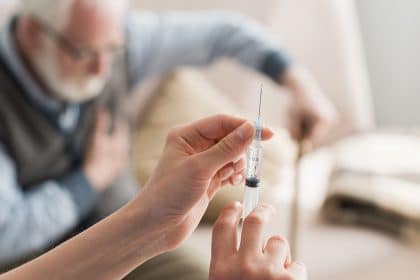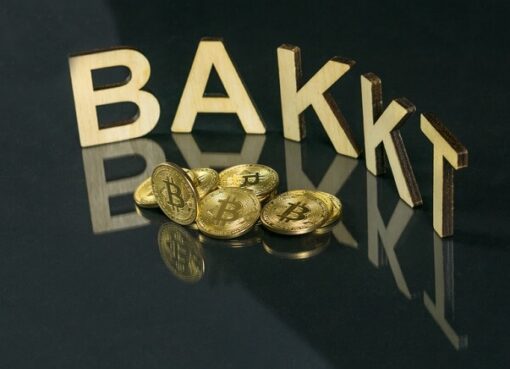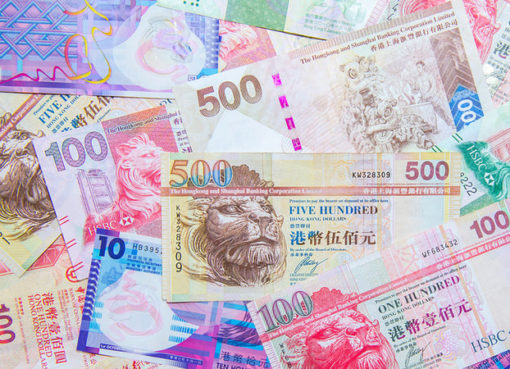According to a recent poll carried out by IBD/TIPP, more Americans are now willing to get vaccinated immediately when it becomes available to them.
If there is one question that everybody in the world is seeking an answer to now, it is the question of “when will the coronavirus pandemic end?” The coronavirus has been with us for the best part of a year now and some are beginning to think that it would remain with us permanently.
While their thoughts are at best erroneous, especially due to the recent mass roll-out of vaccines that would better protect everyone against the virus; their pessimism, however, can be contagious, as more people may begin to lose hope of a future devoid of nose masks and social distancing.
Regardless of this, strides are already being made in getting people vaccinated and according to a Bloomberg’s report, life should return to normal in the next seven years. This is based on the projections of officials of the United States who believe that the vaccination of over 70% of a country’s population would help to build a herd immunity against the virus. Bloomberg based its report on this claim to make its earlier prediction.
While there are considerable vaccine options in the market today with different levels of efficacy, Johnson & Johnson (NYSE: JNJ) faces a considerable battle on its hands to convince people to take a jab of its vaccine. The firm’s vaccine requires only one shot but unlike that of its competitors, the authorized vaccines from Pfizer Inc (NYSE: PFE) with BioNTech SE (NASDAQ: BNTX) and Moderna Inc (NASDAQ: MRNA), it is less effective.
According to a recent poll carried out by IBD/TIPP, more Americans are now willing to get vaccinated immediately as it becomes available to them. However, just 34% of them would be willing to take the less effective one dose jab of JNJ, with most of them showing preferences for the more effective two-dose shots. This puts the vaccine stock firm at a great disadvantage against its peers.
As it appears that more people are willing to get vaccinated against the dreaded virus, Pfizer, BioNTech and Moderna have seen their stock record great improvement. Shares of Moderna rose by over 4% to trade at $173.31 and continue its recent run of gains. On the other hand, the shares of Pfizer also saw an increase of 0.14% to trade at $34.89. This means that news of getting more people vaccinated has had a positive effect on the stocks of these firms.
JNJ, though has seen its stock perform considerably well too, has a battle on its hands to get more people to choose its vaccination over others. And the reason for this choice is obvious and so simple, people are not willing to “sacrifice vaccine effectiveness for ease of administration.” They would rather pick the two-dose vaccines that have over 90% of effectiveness against the virus than pick a one-dose shot that only offers an assurance of 66%.
Read more about the coronavirus pandemic here.
Oluwapelumi is a believer in the transformative power Bitcoin and Blockchain industry holds. He is interested in sharing knowledge and ideas. When he is not writing, he is looking to meet new people and trying out new things.




